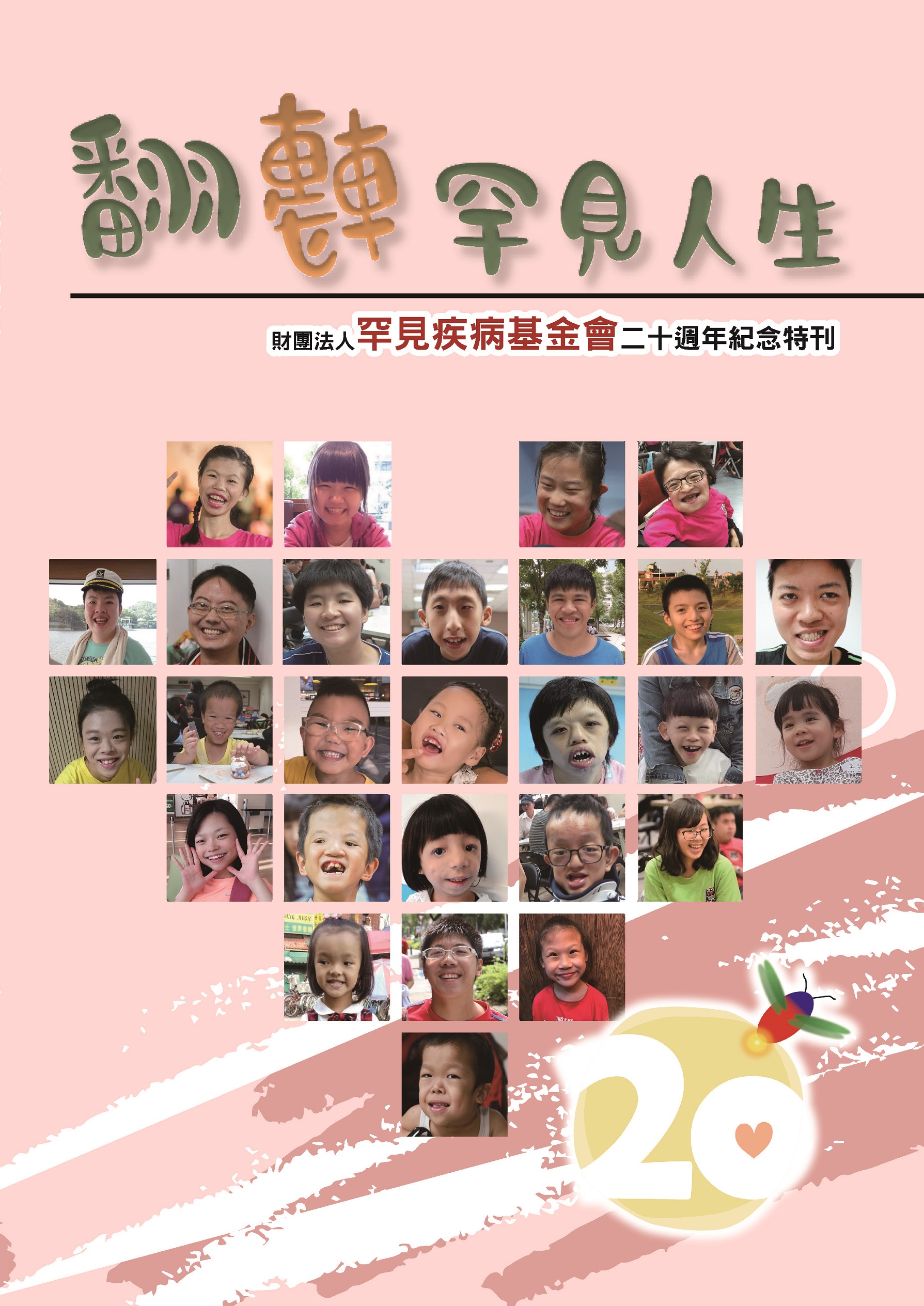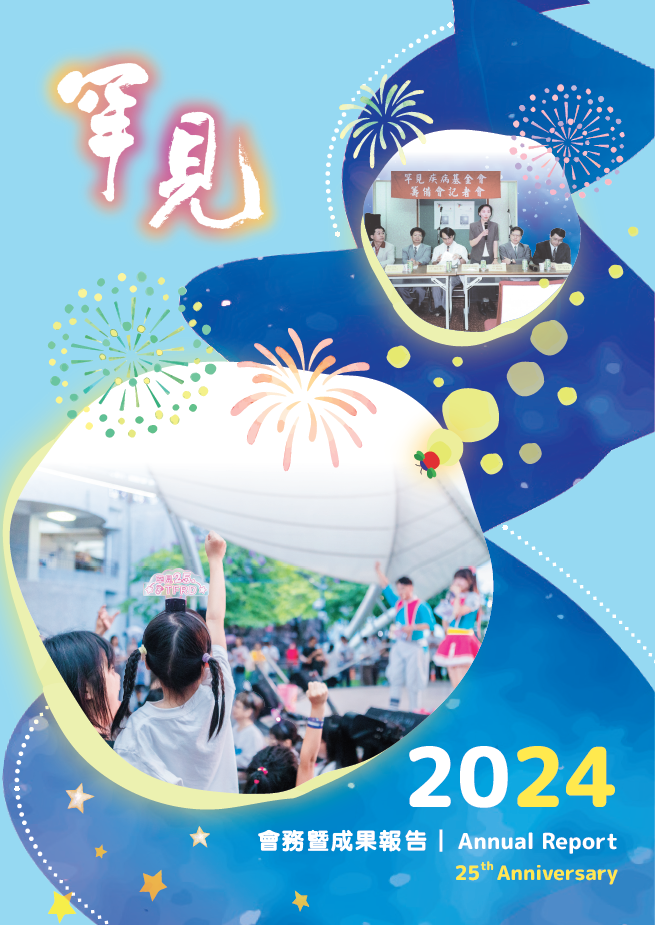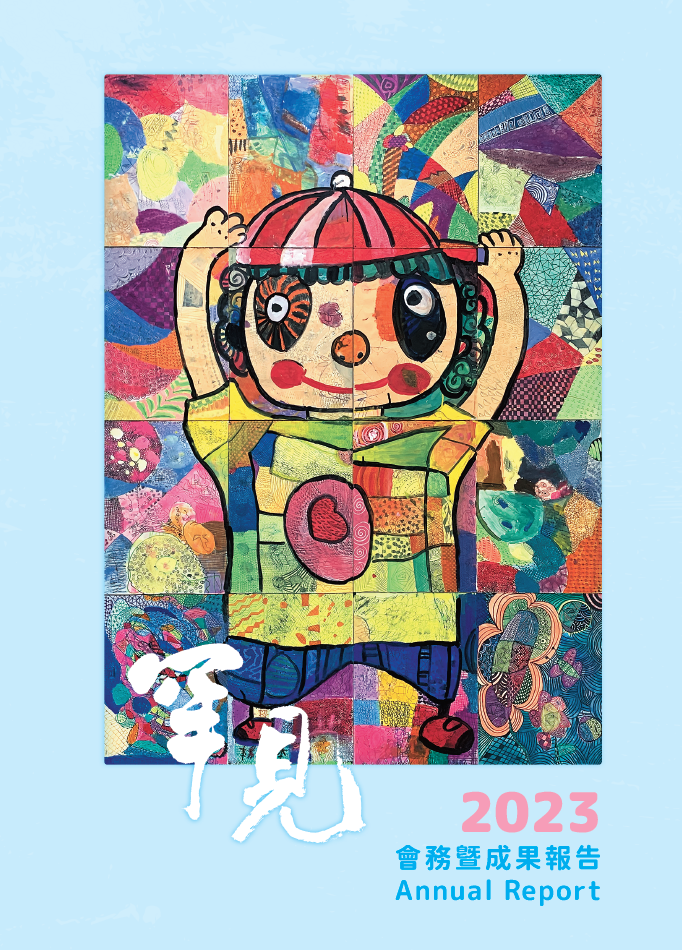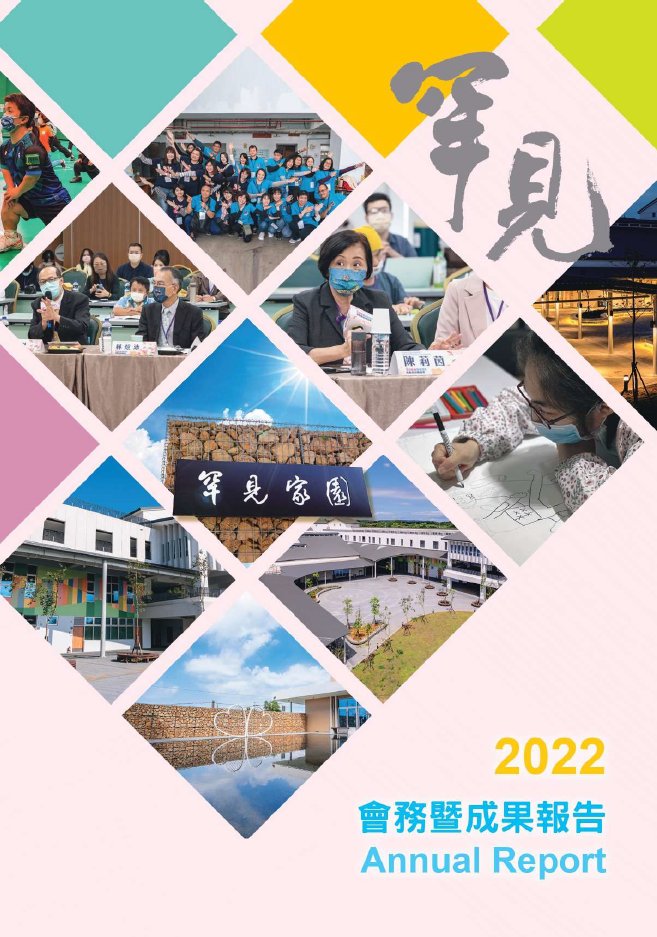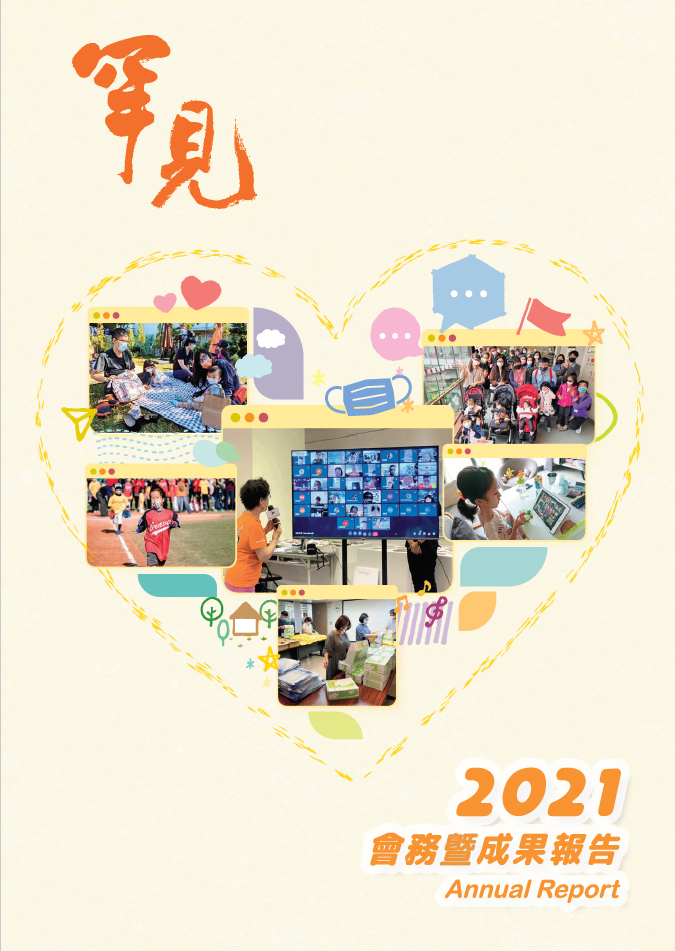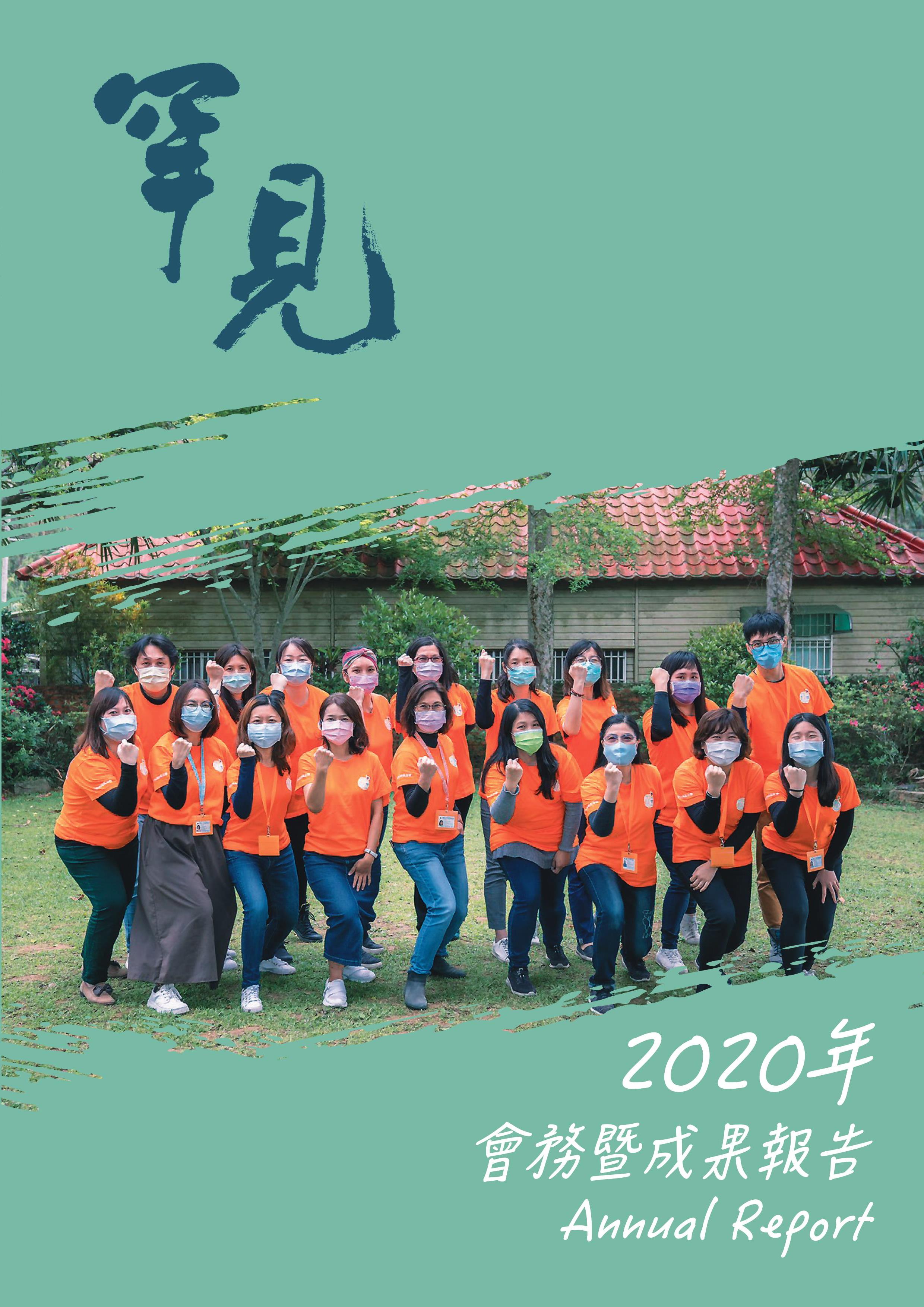An Overview of the Past 20 Years
Different from European and American countries, which focus on the development of orphan drugs and cross-border cooperation in medical care for rare diseases, TFRD (Taiwan Foundation for Rare Disorders) contributes in the fields of policy lobbying, disease prevention and patient care for rare disease families for the past 20 years. We are dedicated to becoming a patient-centric non-government organization and fulfilling the needs of rare disease patients’ family. In 2000, TFRD supervises and urges the passing of the legislation of “RareDisease Prevention and Orphan Drug Act”, which made Taiwan the fifth country in the world with relevant rare disease laws. The Act is also the first law that covers subsidies for rare disorders prevention, cure, and research and development of rare disease. Furthermore, TFRD continuously facilitates laws that categorize rare disorders as a disability. We also urge the government to include rare diseases into the NHI coverage as one of the catastrophic illnesses, allowing rare disease patients receive special payment coverage for orphan drugs. Moreover, we are in favor of government taking its legal role and responsibility as the guardian of rare diseases patients.
To advocate the concept of disease prevention, TFRD launches “Expanded Newborn Screening Pilot Project” in 2000. The new testing technology can screen nearly 30 kinds of rare diseases by using tandem mass spectrometry, which takes only few drops of blood from a newborn baby’s heel to test. Later in 2003, TFRD further devotes the subsidies program for indigenous newborns screening. Over the past 16 years, TFRD has acted as a gatekeeper for their health. Until now, TFRD subsidies 187,650 aboriginal and low-income newborn babies for the testing fee. Therefore, TFRD is awarded “Yuen-Shu Award” by the Council of Indigenous Peoples in 2017, which represents the special contribution to indigenous people. Under the impetus of TFRD, the government's subsidy program for newborn screening has increased from 5 to 11 in 2016, and then increased to 21 this year, which leads to a better protection of the health of newborns.
In addition to policy lobbying, TFRD sees that rare disease families are suffering from genetic inheritance, so we further plan a series of services for patients and their families. So far, our direct services have supported 257 kinds of rare diseases with 6,783 patients. If the indirect services and subsidies to other patient groups are included, the number of rare disease families that we have supported is more than 15,000. Over the past 20 years, TFRD has continued to plan and adjust related service plans according to the needs of the family of patients. Our direct services are divided into Service Programs and Personalized Services. The former includes economic benefits, tube feeding dietary supplement, psychological counseling, comprehensive courses, performing workshop and micro insurance. The latter includes genetic counseling, nutrition counseling, social resource management and relative medical services.
TFRD also helps high-risk families to get through difficult times with continuous support and care and sets up a consultation hot line which allows general public to call for advices for rare diseases questions. In addition, in cooperating with Taiwan Organization for Disadvantaged Patients, we provide mental support, resources referral and counseling to patients who are medically disadvantaged.
In order to cultivate talents and enhance the professional knowledge of rare diseases, TFRD provides continuing education courses for the frontline staff to upgrade themselves and maintain service quality. In addition, we also provide courses for relevant professionals who may provide rare services, including college students, social workers, physical therapist, campus nurses, long-term care staff, counselors, school teachers, etc. By doing so, we hope that the service model can be more professional.
To promote public awareness of rare diseases, TFRD actively promotes the visibility of “rare diseases” with various media, including publications, advertisements, TV programs, radio, and online videos. We also invite public figures, celebrities, football players and baseball players to become charity ambassadors, and call on people to care more about rare disease families. In addition, we encourage patients and their parents to appear on campus, corporations and public spaces, so that more people can see them and can understand them more. Furthermore, TFRD updates relevant information on the official website, official Facebook fan page, and Line from time to time, including the publication of marketing materials and the records of activities. TRFD has published 4 books with external partners as well as 24 books on rare disease series, 2 picture book series with 24 books, 22 care brochures, 80 quarterly magazines with a total circulation of 864,000 subscribers, 137 issues of e-newsletters, 137 kind of leaflets; 20 CDs/DVDs, 4 annual reports. TFRD also participated in the production of 248 episodes of radio, 71 episodes of TV programs, and 1 microfilm. Because of these efforts, TRFD received the “Social Education Contribution Award” from the Ministry of Education in 2018.
To enhance the incentive for rare disease research, TFRD offers the research grants and scholarships to the experts, scholars and medical professionals in Taiwan. Until 2019, we issued 42 projects for NT$18.27 million and 122 scholarships for NT$4.85 million. Those researches yield rich harvest, especially in the improvement of patient’s quality of life and medical development.
TFRD also proactively connects with international associations and patient organizations in the hopes of fostering information exchange and collaboration and enhancing the quality of medical care and human rights care for rare diseases in the world. TFRC has been working hard for rare diseases for many years, and bore fruit in the area of policy and advocacy of rare disease, medical care and caring for the patients in Taiwan. Therefore, the foreign organizations which are related to rare diseases continue to visit Taiwan. The information exchange between TFRD and other organizations has been spread across 24 countries and regions in 5 continents. We hope that through sharing experience, we can protect the rights of patients, create more benefits, provide better services for them and bring a ray of hope for rare diseases.
Hsinchu Kansai Welfare Home is another key project of TFRD’s 2nd decade establishment. The project aims to create a place where patients feel comfortable to attend various activities, such as farming, leisure, rehabilitation, psychological counseling, skills cultivation, respite care service, family activities and social education. Following the transplantation of Osmanthus tree project at the end of 2015, and the donation campaign “500 Osmanthus trees, 500 benefactors” in 2016, TFRD commissions the architecture firm to design our Welfare Home. It is expected to start construction in 2020. After two years of constructions, hopefully Hsinchu Kansai Welfare Home will become a characteristic welfare service center for people with disabilities and continue to provide assistance to rare disease families.
Through TFRD’s hard work in the past 20 years, the achievements of improving the situation of rare diseases in Taiwan have been widely recognized. The founder and co-founder both won the “Rare Hero Award”, and TFRD also received the “Rare Disease Prevention Contribution Award” from the Ministry of Health and Welfare this year. In the future, all board members and staff of the TFRD will continue to offer patient-centric services and programs to rare disease families. We invite the general public to be the volunteers or donors of TFRD. With your help and support, rare disease families will never give up.

